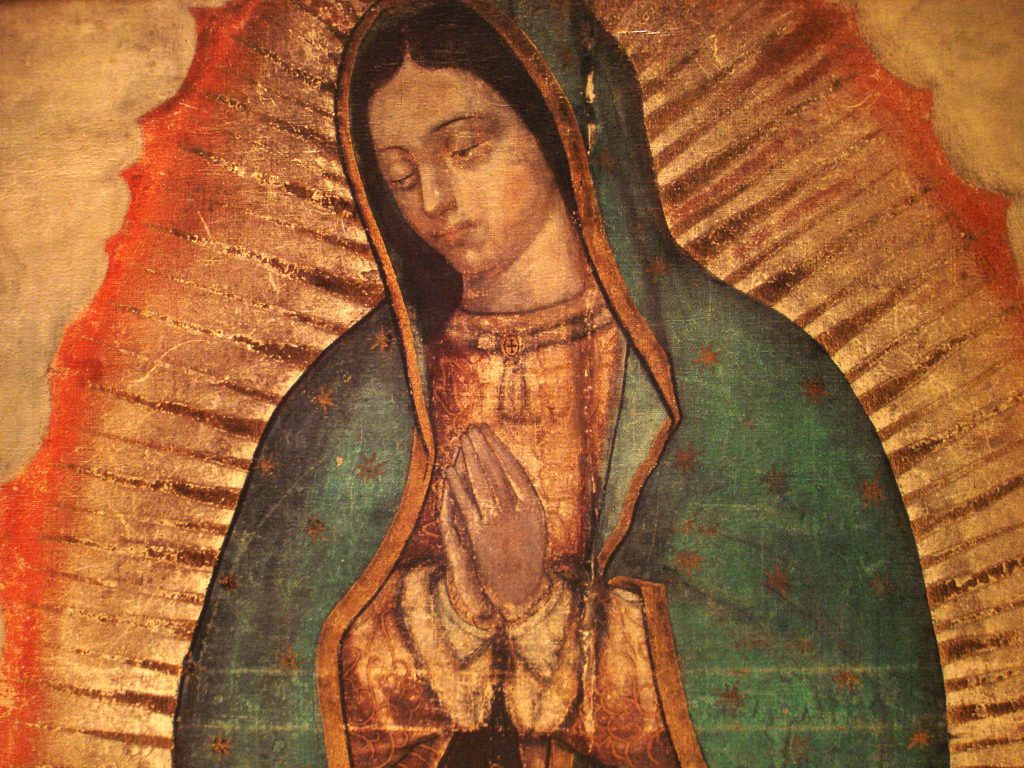
Monday, July 4
In a 1990s political science study that I have now mislaid, researchers found that the U.S. population was inordinately religious—that the American people subscribed to religion at a level far exceeding that of other developed countries and similar to that of people in such places as Mexico and India.
Religion by and large opposes Enlightenment rationality, indulging instead in magical thinking. This is the case across sectarian divides: There’s the virgin birth, Jesus walking on water, God speaking to Moses via a burning bush, Gautama Buddha experiencing “the bliss of deliverance” via asceticism and meditation, and Mohammad’s receipt of the word of God from the archangel Gabriel.
Such a non-rational mindset likely afflicts a majority of U.S. citizens, even though polls show that organized religion is on the wane, particularly among young people. According to the Pew Research Center, 26% of the public identifies as “nothing in particular”—a figure that jumps to 36% of people between the ages of 24 and 30. (Sex-abuse scandals in the Catholic Church have prompted a steady desertion: 13% of Americans today self-identify as “former Catholics.”) Instead of church, people are likely finding religious inspiration and guidance via the Internet. As Christian Smith, a sociology and religion professor at the University of Notre Dame, told The Atlantic: It is easy for anxious people “to build their own spiritualities from ideas and practices they find online.” Salvation a la carte, if you will.
Meanwhile, we have a Supreme Court majority composed of Roman Catholic fundamentalists including Samuel Alito, Clarence Thomas, and Amy Coney Barrett. At the turn of the 20th century, the Protestant majority worried that, due to Irish and Italian immigration, Catholics might take over. (How things have changed: The Republican Party back then smeared the Democrats as the party of “rum, Romanism, and rebellion.”) Now, it seems, the Catholics have taken power—with unfortunate consequences for women’s health, majoritarian politics, and it seems, even gun-carry restrictions.
Coming soon to a venue near you: the Spanish Inquisition.
Can such a state of affairs continue in a would-be democracy? Certainly. The broad public may even feel that the religious minority who are calling the shots are more moral than they themselves are. Moreover, as the psychologist William James asserted in his classic The Varieties of Religious Experience, humans are more persuaded irrationally and emotionally than they are by reason. Hey, if you want to live in a rational society, move to Denmark! The U.S.A.—home to Cotton Mather, Stonewall Jackson, William Jennings Bryan, Mary Baker Eddy, and Jerry Lee Lewis—was never about the cold light of reason.
Dinner: cornbread tamale pie and a kale and apple salad.
Entertainment: more episodes of the shysterish Better Call Saul and its Brit counterpoint, Silk.
